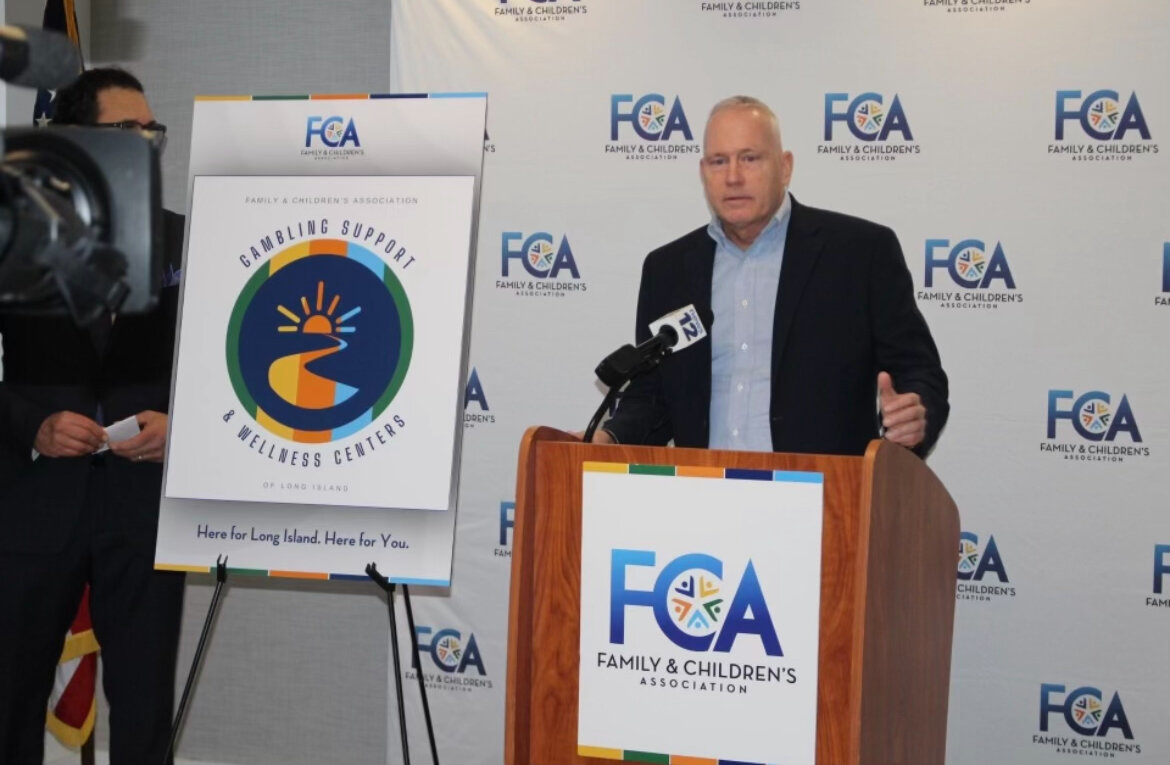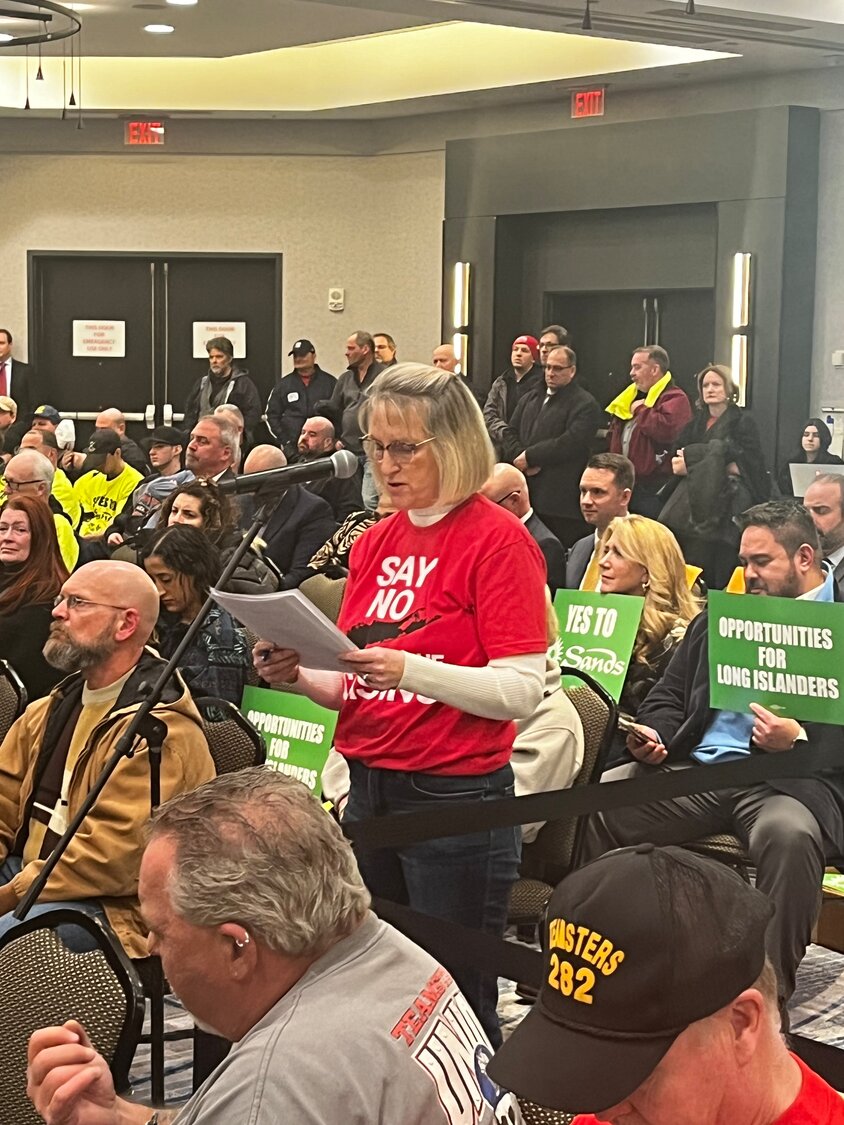Gambling support and wellness center coming to Hempstead
Gambling has become a pretty normalized practice throughout New York state. We have unlimited access to sports betting, a frequented racetrack in Belmont, and even a proposed casino that may end up at the Nassau Hub.
As gambling is becoming more and more normalized, so are the resources available to those who may have gambling issues. According to the National Council on Problem Gambling, approximately 5 million Americans meet the criteria for “compulsive gambling,” however, only about 8 percent of those who fall under this category will ever seek help for their problem — with younger generations now more susceptible to this issue due to the convenience of having a casino and sportsbook right in their pockets.
In fact, New York recently announced that the state generated a whopping $862 million from mobile sports wagering in just its second year of operation — less than $200,000 away from $1 billion in revenue. When factoring in for the licensing fees also collected in 2022, that brings the total generated revenue to $1.75 billion.
But also growing by the day, are problem gamblers, which over the past year has been one of the main concerns — among many others — that residents have raised throughout all of the open forums regarding the Las Vegas Sands proposed $4 billion redevelopment plan for the Hub, with one issue being there are not enough resources for people with gambling addictions or concerns regarding college-age adults, because the Sands casino would be close to both Hofstra University and Nassau Community College.
A recent article titled “The Psychology of Gambling” in The Yale Ledger, Yale University’s weekly student magazine, stated that “a study of gamblers of ages 18 to 29 shows this age group has the highest risk of developing problem gambling or pathological gambling habits,” because the human brain — and its capacity to judge risk — does not fully develop until about age 25.
The state Office of Addiction Services and Supports conducted a Problem Gambling Prevalence Survey in 2020. It found that “4.4 percent of adults in NY are at risk for developing a gambling problem and an additional 0.7 percent meet the criteria for problem gambling or a gambling disorder.”
Former Gov. David Paterson, senior vice president of the Sands Corporation, disagreed during an interview earlier this year with Nicole Burke on her “Voice of Uniondale” radio show.
“There is a very low incidence of younger people having gambling addictions,” Paterson said, adding that the greater risk was for people in their late 20s and early 30s who might use gambling to mask life problems.
Nonetheless, the L.I. Problem Gambling Resource Center is most concerned about young people — especially those of color — and veterans, explained Pam Brenner-Davis, the team lead for the Long Island Problem Gambling Resource Center, one of the nation’s largest systems of care falling under the State Office of Addiction Services and Supports, serving over 680,000 people per year.
And it seems these calls for additional resources in the community have not fallen on deaf ears. On Feb. 6, The Family and Children’s Association, in partnership with Sands and the L.I. Problem Gambling Resource Center have announced in Uniondale that they are opening two Gambling Support and Wellness Centers, with one being in Hempstead and the other opening in Hicksville.
“For many, gambling can be a form of entertainment,” the association continued, “however, increases in online sports betting and gambling have reached newer, younger audiences, many who are unaware of the larger consequences of problem gambling.”
Sands also announced at this news conference that they will be providing a $200,000 donation to support The Family and Children’s Association’s two new Gambling Support and Wellness Centers.
“We’re proud to partner with The Family and Children’s Association, an organization that’s been a staple on Long Island for 140-years,” said Ron Reese, the senior vice president of Las Vegas Sands. “They will be providing a valuable resource to the community for those who might need it.”
The Family and Children’s Association has served Long Island has a 140-year history of helping Long Islanders, and been awarded a state certification from the Office of Addiction Services and Supports to provide problem gambling counseling and support to those who need help. These new Centers will now offer individual, group, and family counseling, including financial counseling and planning to both individuals and families who are experiencing hardships due to problem gambling issues.
“The Long Island Problem Gambling Resource Center is excited to have The Family and Children’s Association join the community of Problem Gambling treatment on Long Island,” said Brenner-Davis,
“It’s imperative for us to introduce important new programs such as this one, especially as the need emerges,” said Jeffrey Reynolds, president and chief executive officer of the Family and Children’s Association. “As problem gambling continues to surge, particularly among young people ages 25-34, we want to make the resources readily available to Long Islanders who need or want help.”

 56.0°,
Overcast
56.0°,
Overcast 







